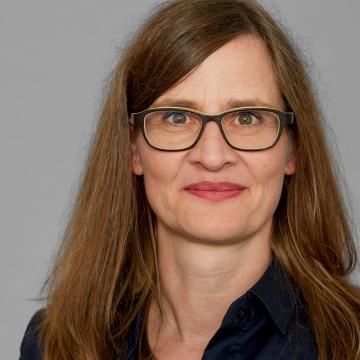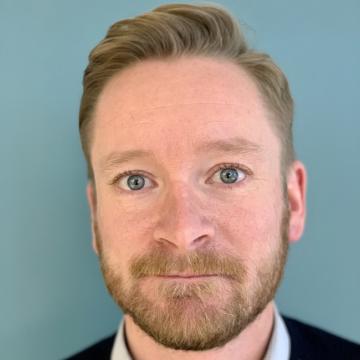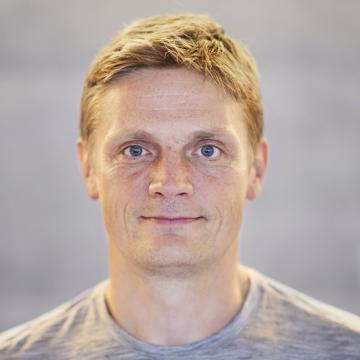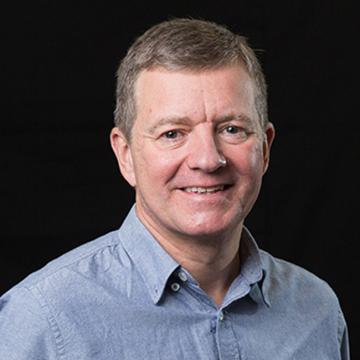
Strategies towards net-zero sports and leisure facilities
Moderator: Darryl Condon, IAKS Vice President, Canada
The Davos Baukultur Alliance champions “High-quality Baukultur” through practical tools, frameworks, and its eight-principle Quality System - promoting better living environments worldwide. Brest practice examples of sports and activity spaces from Denmark and Norway are driving sustainability through interdisciplinary collaboration, knowledge sharing, innovation, and supportive policy. This aligns with the need to bridge the gap between design intentions and actual performance. As shown in Portsmouth Ravelin, approaches like Soft Landings can deliver substantial energy savings in leisure facilities, ensuring that health-promoting spaces also meet ambitious environmental and climate goals in practice.

Speaker line-up
Welcome and introduction
Dr Stefan Kannewischer, IAKS President, Switzerland
The Davos Baukultur Allicance: Advancing high quality Baukultur from principles to practices
Dr Anne Pfeil, Davos Baukultur Alliance, Switzerland
The Davos Baukultur Alliance is a global, cross-sector community dedicated to improving living environments by providing practical knowledge, frameworks and tools to promote good practice. It is based on the holistic concept of „High-quality Baukultur“ and the eight principles of the Davos Baukultur Quality System, which serve as a tool to positively enhance the quality in planning and practice.
Holistic approaches to sustainable recreational environments: The Nordic way of knowledge enhancement
André Flatner, NTNU, Norway
Evald Iversen, Associate Professor, University of Southern Denmark
Denmark and Norway are actively advancing sustainability in the design, construction, and management of sports and activity spaces through collaborative, knowledge-based initiatives. Both countries emphasize: Interdisciplinary collaboration across sectors; knowledge sharing and capacity building; Practical innovation to address environmental challenges; and policy influ¬ence to support long-term sustainability goals. These efforts reflect a growing commitment in Scandinavia to ensure that recreational spaces not only promote health and community but also contribute positively to environmental and climate goals.
The soft landings process for better building performance
Mike Hall, Partner, FaulknerBrowns, United Kingdom
Mark Palmer, Director and Partner, Max Fordham, United Kingdom
Government regulations are driving better energy performance in new leisure facilities, but swimming pools still show large in-use energy cost variations despite high-spec designs. Beyond standards like BREEAM, LEED, and Passivhaus, adopting a soft landings approach is key to closing the gap between compliance and real-world efficiency. Mike and Mark will outline this process and the substantial savings achieved at Portsmouth Ravelin.




